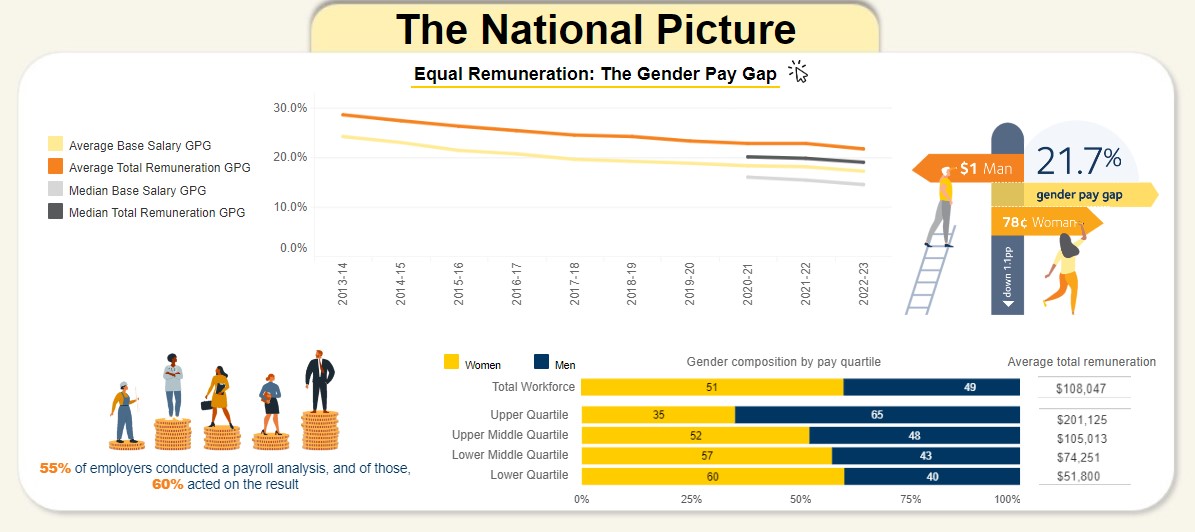
Survey reveals employer, employee concerns regarding pay transparency

Almost three-quarters (73 per cent) of Australian employers recognise that regulation for higher transparency is long overdue, according to new research from Robert Half.
However, while 84 per cent of employers believe greater pay transparency will be positive for corporate culture and 65 per cent said it will make salary negotiations easier, almost half (47 per cent) of workers believe it will lead to greater friction between colleagues.
Employers also expressed concerns for how greater pay transparency could affect their attraction and retention strategy; 51 per cent believe it may limit negotiating power, especially when looking to recruit particular skills or wanting to reward outperforming employees, and 36 per cent worry salary transparency could lead to losing employees, according to the report.
“Pay transparency can be a contentious topic, yet our research shows that many employers and employees recognise the benefits while still having some concerns,” said Nicole Gorton, director at Robert Half, in a press release.
“However, workers have indicated in our research that comparing their salary to that of their colleagues and perceiving unfavourable differences can create a sense of disunity, which can negatively impact their workplace culture. Workers can also fear their ability to negotiate for a salary above market rates is limited if employers have a wider status quo that needs to be adhered to.”
Robert Half’s survey comes as the Workplace Gender Equality Agency (WGEA) published the gender pay gaps for nearly 5,000 Australian private sector employers for the first time on Feb 27, following the introduction of the Workplace Gender Equality Amendment (Closing the Gender Pay Gap) bill last year.
The results show that:

The Minister for Women, Senator Katy Gallagher, said the publication of employer gender pay gaps is a pivotal moment for gender equality in Australia.
“The release of employer gender pay gaps marks a historic step towards transparency and accountability in addressing gender inequality. The gender pay gap is a persistent and complex problem that costs the Australian economy $51.8 billion every year,” Minister Gallagher said in a press release.
There is significant variation in the gender pay gap across different industries, ranging from the construction industry where the mid-point employer gender pay gap is 31.8 per cent to the accommodation and food services industry with a mid-point employer gender pay gap of 1.9 per cent, the results show.

According to Mary Woodridge, WGEA CEO, employers aim for a gender pay gap within +/-5%, as this range allows for normal business fluctuations and employee movements, while still working towards equal pay.
“The gender pay gap is a widely used, internationally recognised measure for gender equality. Publishing employer’s gender pay gaps brings transparency to those employers who have low median gender pays gaps and those that don’t,” Woodridge said. “The time for talk and excuses is over. Change takes action and employers need to double down on ensuring all employees are fairly represented and equally valued and rewarded in their workplace.”